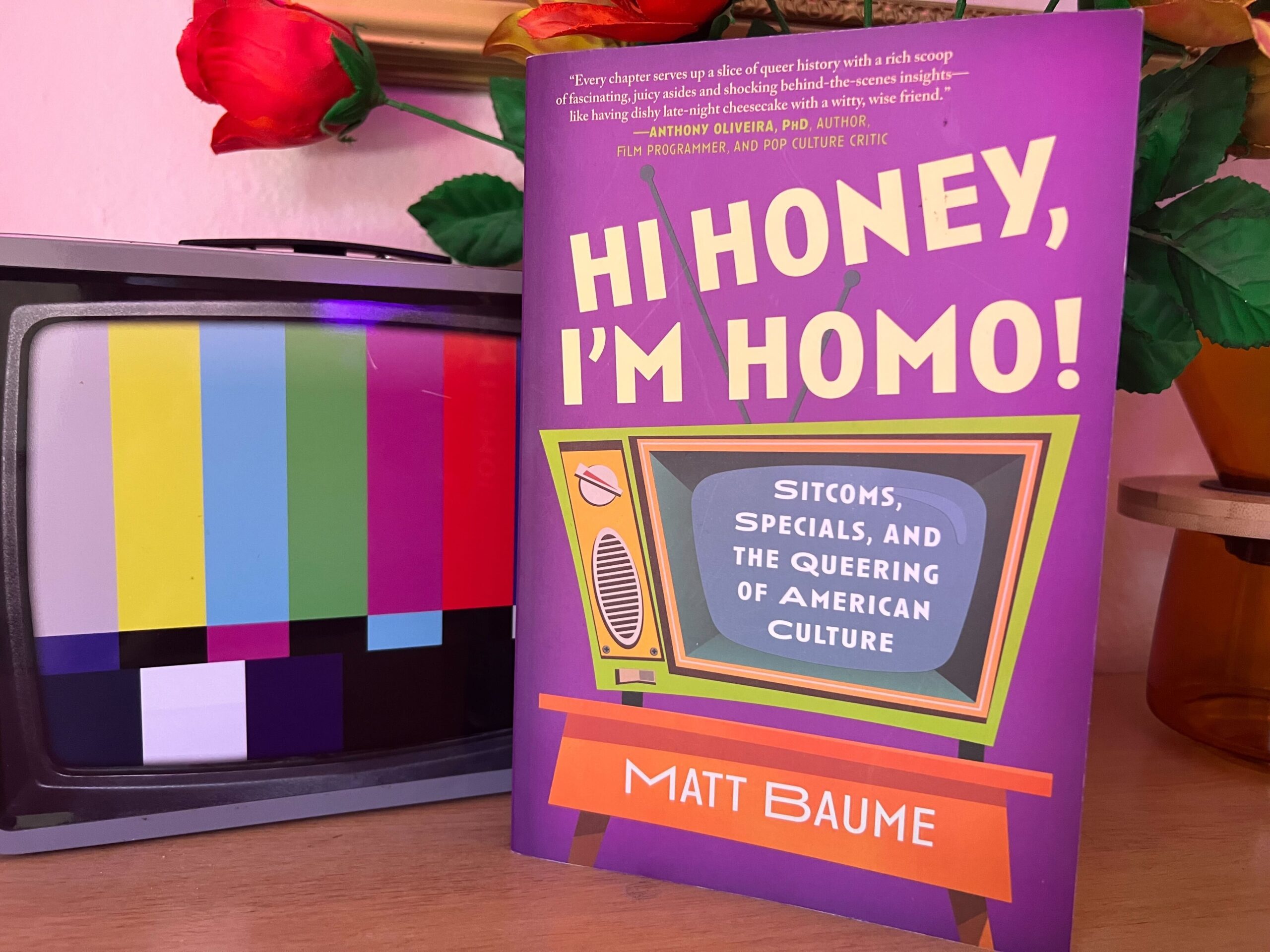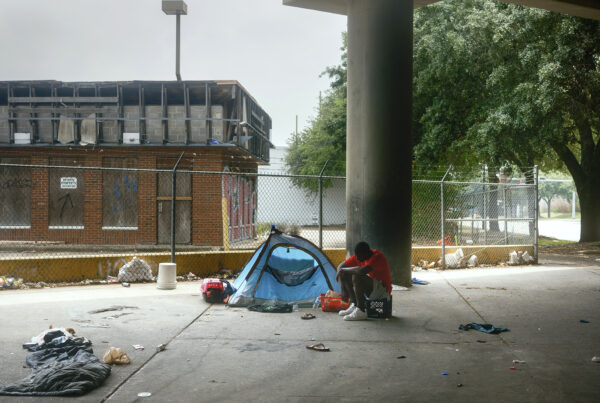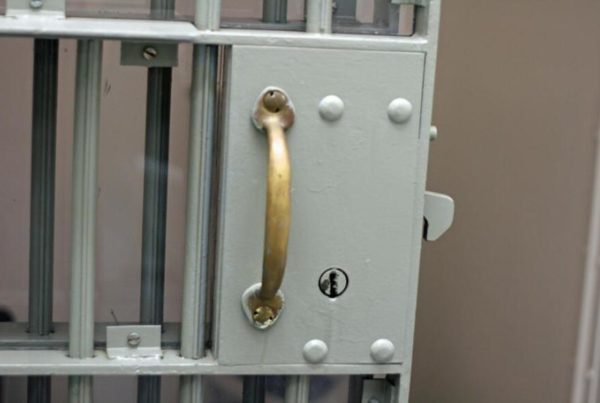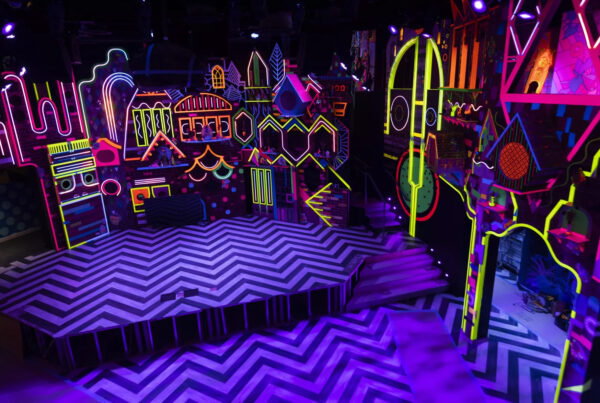There is no doubt the lasting influence the American television sitcom had on generations. It was through antics and audience laugh tracks that iconic moments for the LGBTQIA+ community made their way to viewers nationwide.
From a queer-coded allegory of a newly-married nose-wiggling witch, to straightforward conversations of acceptance and tolerance from four women in a Miami retirement community, the TV sitcom has touched on aspects of the queer community in the U.S. for decades – to both the ire and applause from gay audiences.
In the new book “Hi Honey, I’m Homo! Sitcoms, Specials, and the Queering of American Culture,” author Matt Baume dives into key LGBTQ plus moments from sitcoms spanning over half a century. Baume spoke with Texas Standard on how “Bewitched” took on topics of prejudice and “Will & Grace” affected politics. Listen to the interview above or read the transcript below.
This transcript has been edited lightly for clarity:
Texas Standard: I think a lot of listeners may remember “Bewitched.” Connect the dots for us, if you will, to how that was, in a small way, a part of the queering of American culture, as you describe it.
Matt Baume: You know, a lot of people might not think of “Bewitched” as a particularly queer show because it’s about a heterosexual couple. But there’s a lot of subtext to the show that speaks to people of a lot of different minority groups.
The show is – you know, for people who might not be familiar – about a young woman who’s a witch. Secretly she marries a mortal. They decide that they want to try to blend in in the suburbs and to live what they call, “normal life.” And so a lot of the episodes are about their attempts to pass, essentially.
And an early episode that’s entitled “The Witches Are Out,” this is early in the first season, is all about the negative impact of stereotypes. There’s Halloween coming up. There’s an ad campaign that the husband is working on that features ugly witches. And the episode ends with a protest with the witches staging a protest in the dreams of a candy company executive who wants to use ugly witches in his ad campaign. And they’re protesting in a way that’s very similar to how LGBTQ people were protesting at exactly the same time.
And the star of the show, Elizabeth Montgomery, has said that their intention was to speak to people who felt like outsiders with the program.













